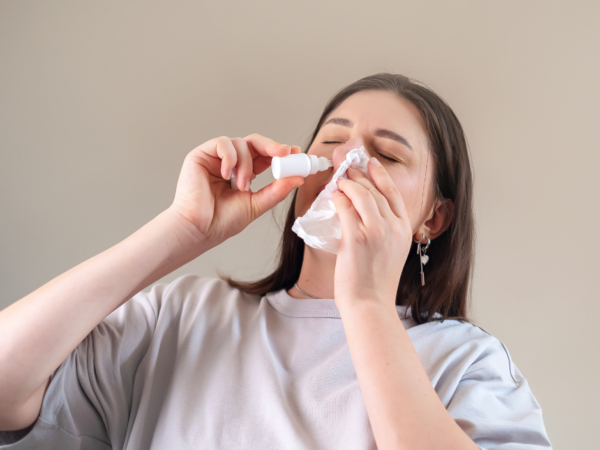Imagine waking up every morning with a parched throat, struggling to speak, eat, or even swallow comfortably. It’s not just a minor inconvenience — constant dry mouth could be your body’s way of waving a red flag, warning you of something much deeper. But too often, this message gets ignored.
We live in a fast-paced world where people often overlook small health signs in pursuit of daily tasks. One such overlooked condition is xerostomia, more commonly known as chronic dry mouth. While it may seem harmless or temporary, persistent dryness of the mouth is not only uncomfortable but also a potential sign of serious underlying issues. It affects how you speak, chew, taste, and digest food — even your confidence in social interactions.
It’s Not Just Thirst — It’s a Cry for Help
Your mouth is dry not just because you’re dehydrated. In many cases, it’s the first and only clue your body gives before more serious symptoms appear. Causes of constant dry mouth can include:
-
Diabetes (often undiagnosed)
-
Autoimmune disorders such as Sjögren’s syndrome
-
Side effects of medications (antidepressants, antihistamines, blood pressure drugs)
-
Chemotherapy or radiation
-
Nerve damage
-
Stress and anxiety
What’s even more alarming? Over 30% of adults suffer from chronic dry mouth and don’t even know the cause. They adapt. They chew more gum, drink more water, and avoid speaking at length — but the problem continues.
The Hidden Dangers of Ignoring It
Left untreated, dry mouth isn’t just a nuisance. It can lead to:
-
Tooth decay
-
Gum disease
-
Mouth infections like thrush
-
Difficulty speaking or swallowing
-
Cracked lips and sores
It’s not just about physical health either. Constant dry mouth often impacts mental well-being, leading to low self-esteem, fear of public speaking, and even depression.
You Need to Take Action — Today, Not Tomorrow
If your mouth constantly feels like sandpaper, don’t normalize it. Don’t wait until it affects your ability to speak, eat, or smile. This is not something to be taken lightly. It’s time to listen to your body.
Here’s what you must do:
-
Consult your doctor or dentist immediately — even if symptoms seem mild.
-
Review your medications with your healthcare provider. Many common prescriptions cause dry mouth.
-
Improve hydration, but remember — drinking water is not a cure if something deeper is at play.
-
Use mouth-moisturizing products (gels, sprays, lozenges — choose what suits you best).
-
Watch your diet — avoid caffeine, alcohol, sugar, and overly salty foods.
-
Check your oral hygiene routine — a dry mouth increases the risk of oral health issues.
This is your body’s cry for help. Will you ignore it — or act on it?
You Deserve More Than Just Temporary Relief
Living with dry mouth isn’t just uncomfortable — it’s unnecessary. With the right attention and medical advice, you can reclaim your confidence, your comfort, and your health. Whether you’re a professional speaker, a teacher, a parent, or someone who simply wants to enjoy life without constant discomfort — your voice matters. Your well-being matters.
The time to act is NOW. Don’t wait for it to get worse. A small symptom today could be a life-altering condition tomorrow.



